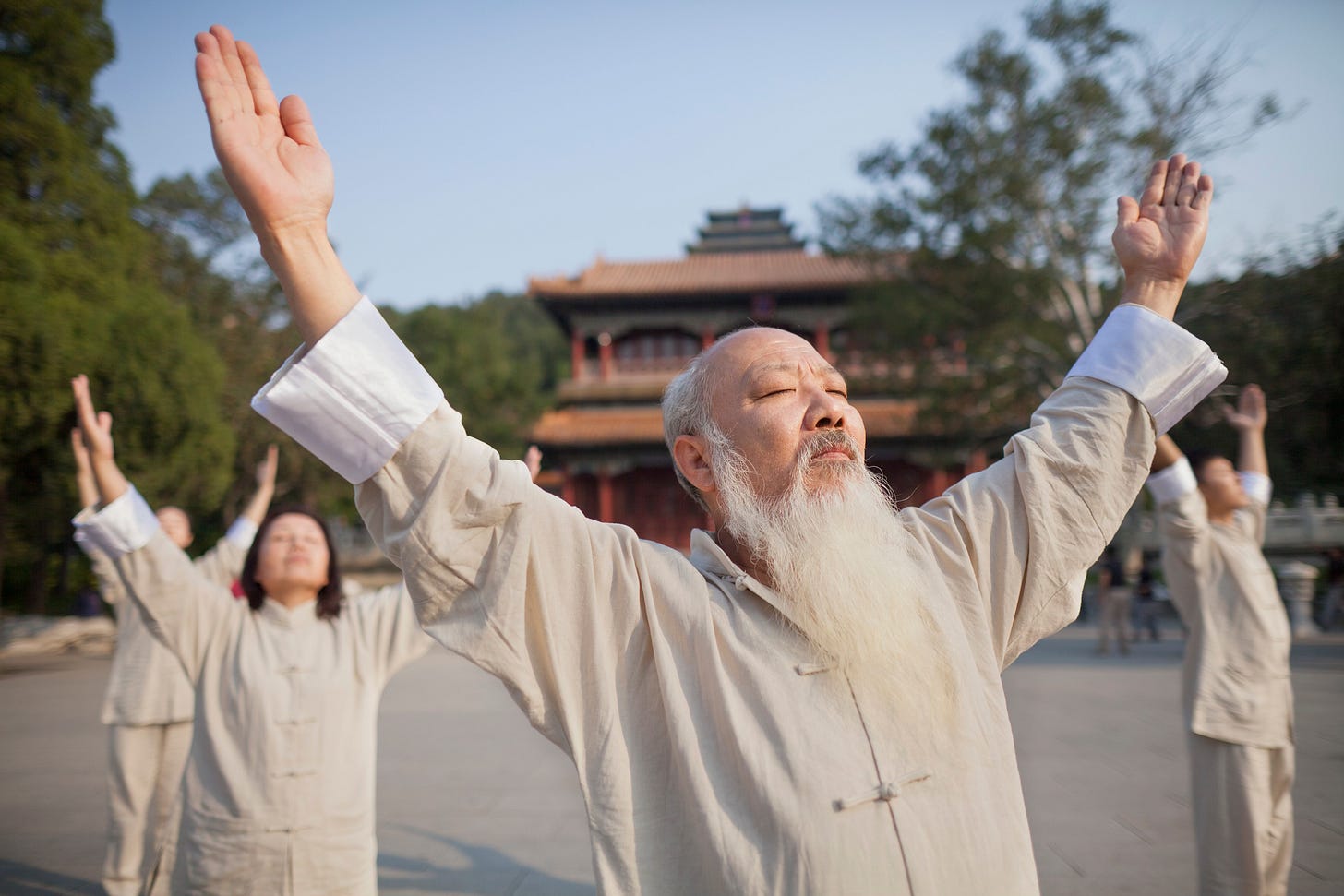Peer-Reviewed Research: Effect of Qigong Exercise on Non-Motor Function and Life Quality in Stroke Patients
The systematic review and meta-analysis conducted by Yi Lan, Qiqi You, Qingqing Jiang, Xiaoxiang Peng, Shiyi Cao, and Jian Sun examines the impact of Qigong exercises on non-motor functions and the quality of life in stroke patients. Stroke is a leading cause of disability globally, resulting in significant impairments in activities of daily living (ADL…



